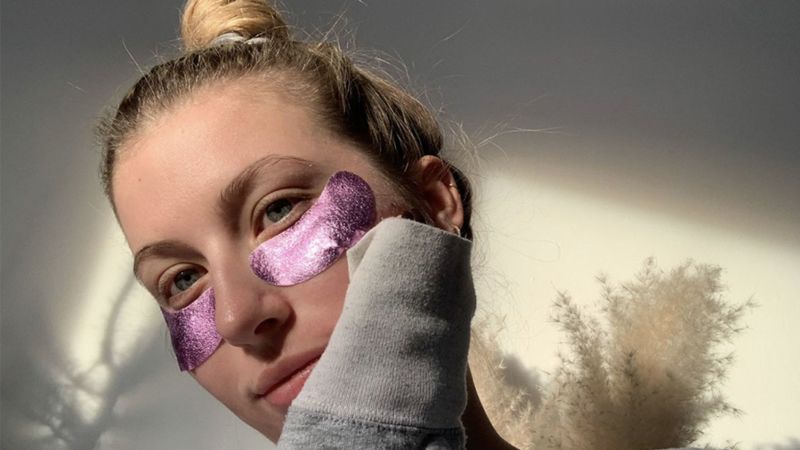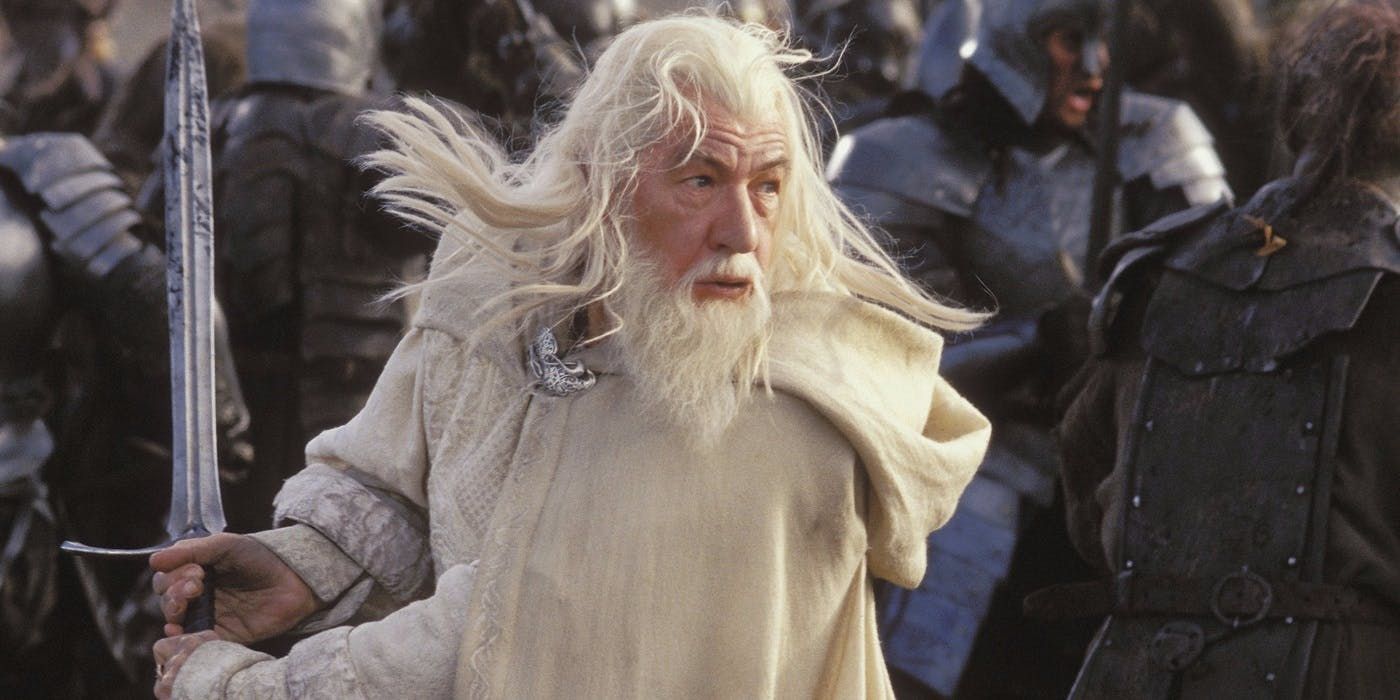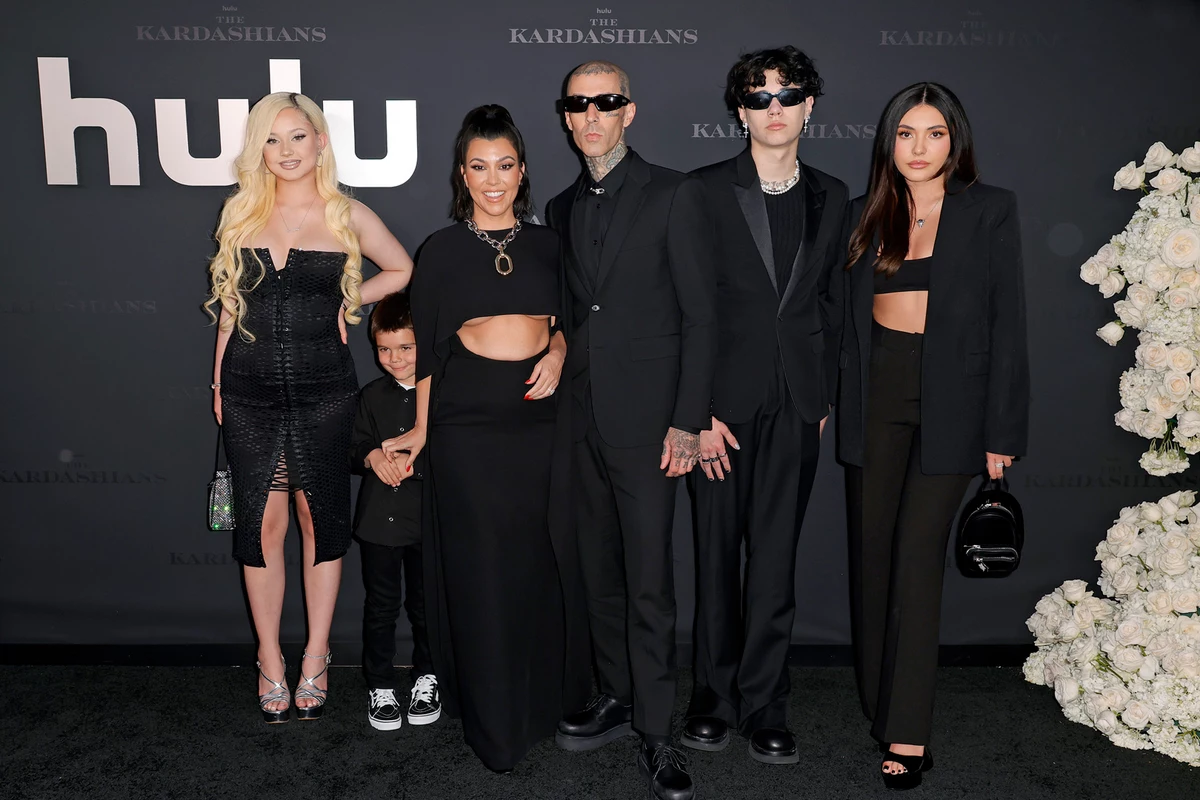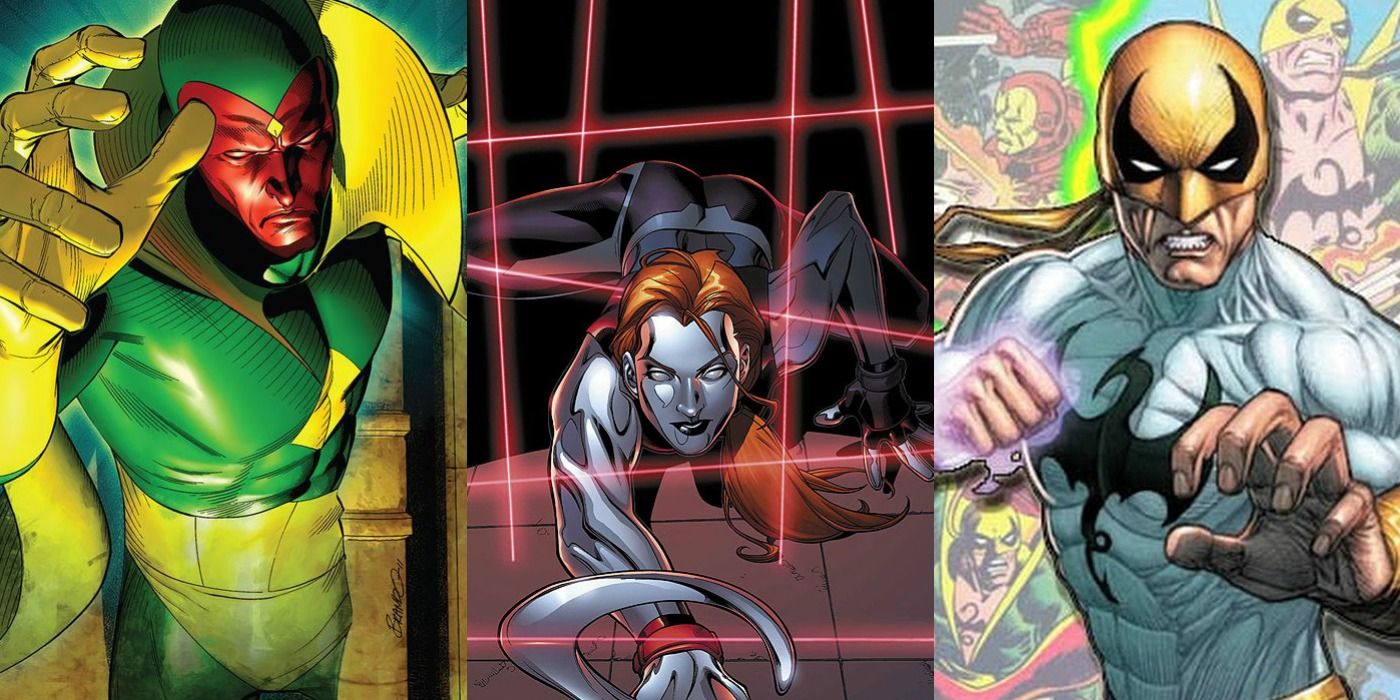The opening sequence of The Mother of All Lies shows director Asmae El Moudir fitting her grandmother with a hearing aid. The crotchety old woman obviously doesn’t want to help and pretends the device doesn’t work until Asmae asks: “Why don’t you like photographs?” The question draws an immediate reaction, as the woman turns sharply, glaring at the camera with contempt. “See, you can hear,” Asmae retorts.
The brief moment is a microcosm of the entire film, El Moudir’s exploration of the lies, deceptions and mis-rememberings of her family, and by extension her country, surrounding the Casablanca Bread Riots of 1981. Protests over the rising cost of bread turned into a bloodbath with, by some estimates, more than 600 people killed. One was Fatima, a neighbor girl killed in the same streets where El Moudir, born after the riots, remembers playing in in the 1990s. But that history is barely discussed, publically, or privately. In El Moudir’s family, memories seem to be deliberately erased. In her overvoice in the film, El Moudir mentions there is just one picture of her as a child, and she’s never been convinced it’s actually her.
“Pictures were always forbidden in the family house, my grandmother said it was for religious reasons,” El Mourdir tells The Hollywood Reporter. “But in the film, I discovered that wasn’t the truth, that there was a deeper, more personal reason to do with trauma and with something that happened with my grandmother.”
With no physical evidence to work with — no family photos, no video footage of the riots — El Moudir rebuilds her Moroccan neighborhood, and her family’s old apartment, in a scale model, from memory, with handmade figurines, sculpted by her father and dressed by her mother, of her family and friends. With this dollhouse in place as a kind of therapeutic tool, she begins to bring in the eyewitnesses, coaxing out their long-dormant stories.
The approach is not without risks. Under its new king, conditions in Morocco are much improved from the “Years of Lead,” as the period of repression from the early 60s to the late 80s was known. But the country still has a shaky relationship with human rights and what happened during the Bread Riots is almost never discussed publicly.
“I was trying to understand how we invent stories when we don’t have any concrete or visual proof of what has happened. How do we reconstruct the past?” she says. “I tried to create this space to bring together the real elements, my family and neighbors, and these constructed elements. That’s why I insist in the film that I’m a filmmaker, not a journalist. As a journalist, I would go into the details of what happened, with the names of the people involved. But as a filmmaker, I don’t need to name names, and maybe put people in danger. I can just create a space for my neighbors, my parents, and me to talk about what happened to us, and what happened in our country. Even if the bodies were hidden and the pictures are missing, we can create memories. This film might be the only memory we can have.”
The Mother of All Lies premiered in Cannes, where El Moudir won the best director prize, as well as the best documentary honor, in the Un Certain Regard section. The film screens in the Horizons section of the Karlovy Vary International Film Festival this week.


























































